German Research Groups Set out Wishlist for Incoming Government
Centre-right leader Friedrich Merz is expected to become chancellor in a new coalition following election.
Send us a link
Centre-right leader Friedrich Merz is expected to become chancellor in a new coalition following election.
The realities of the new political landscape have cast its shadow on the future of academia.
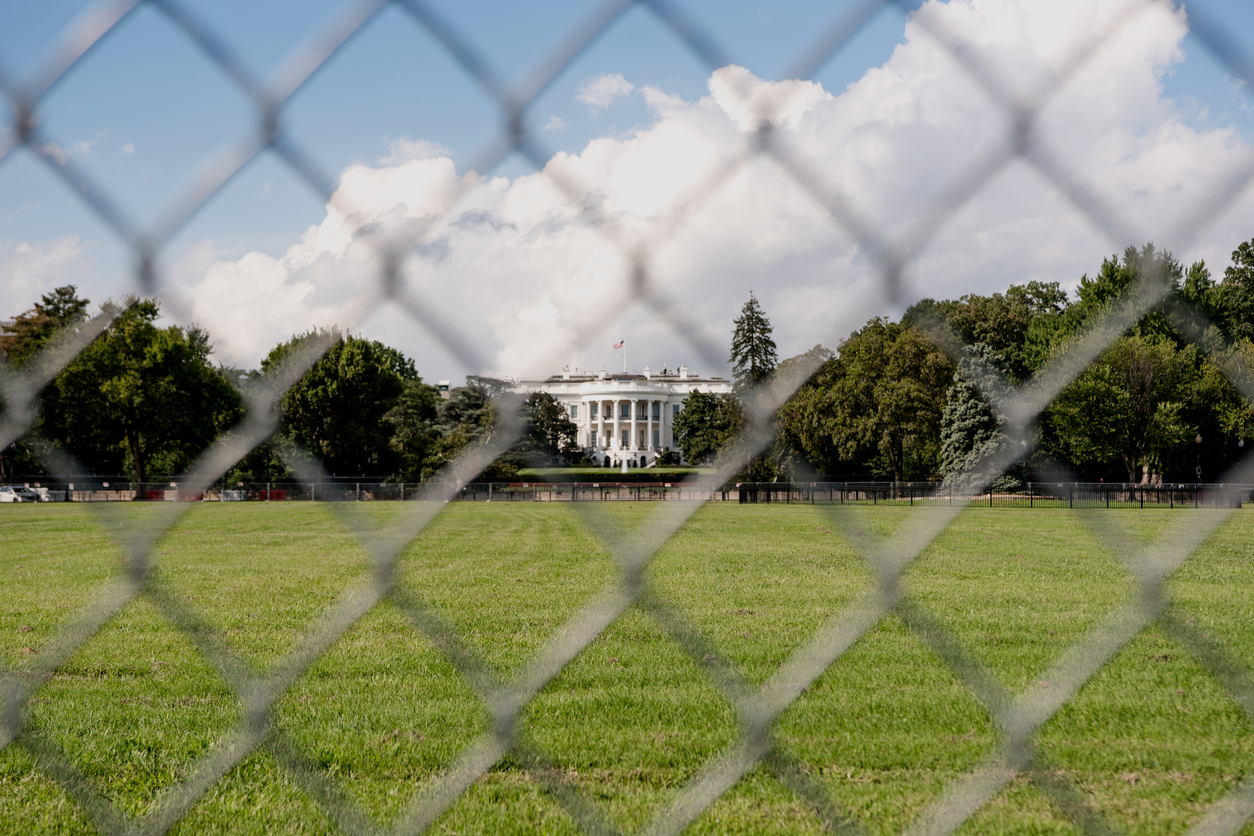
New Zealand’s science system is undergoing its biggest transformation in over 30 years
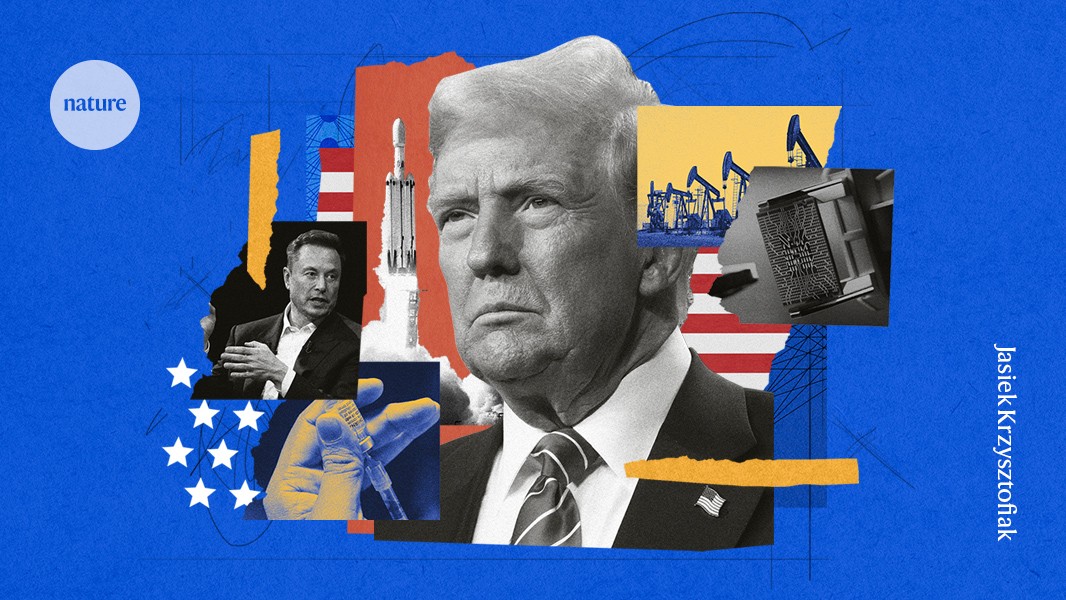

Ten-year plan seeks to improve take-up and financial sustainability of continental STI programmes.
Where Kamala Harris and Donald Trump stand on the issues that matter most to scientists.
The US House of Representatives is more likely to vote on climate action when it is linked with certain other environmental issues
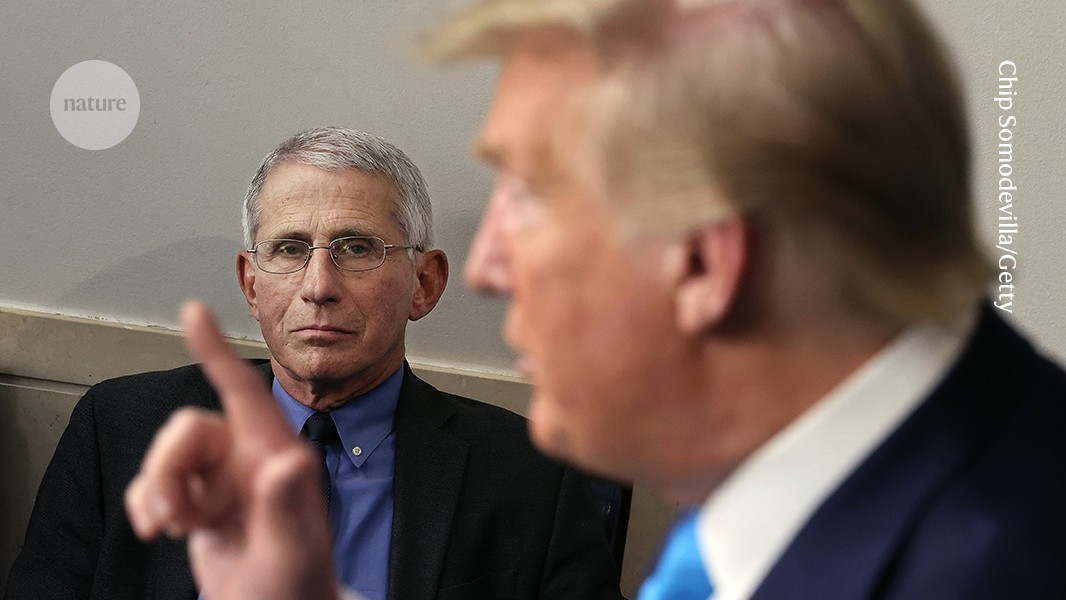
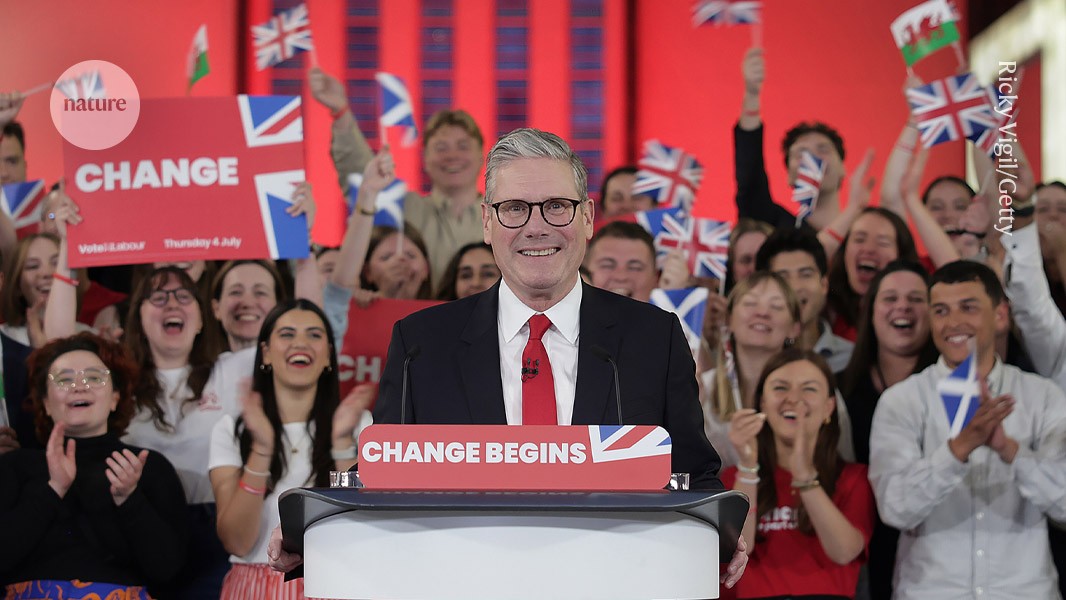
Polish scientists have welcomed the government's move to separate the Ministry of Education and Science into a Ministry of Science and Higher Education and a Ministry of National Education, saying that science had been "hidden in the shadow of education".
Scientists have reacted with alarm at a proposal by the Australian Department of Defence to control information sharing under which technology with potential military use would need authorization to be shared with non-Australian colleagues.
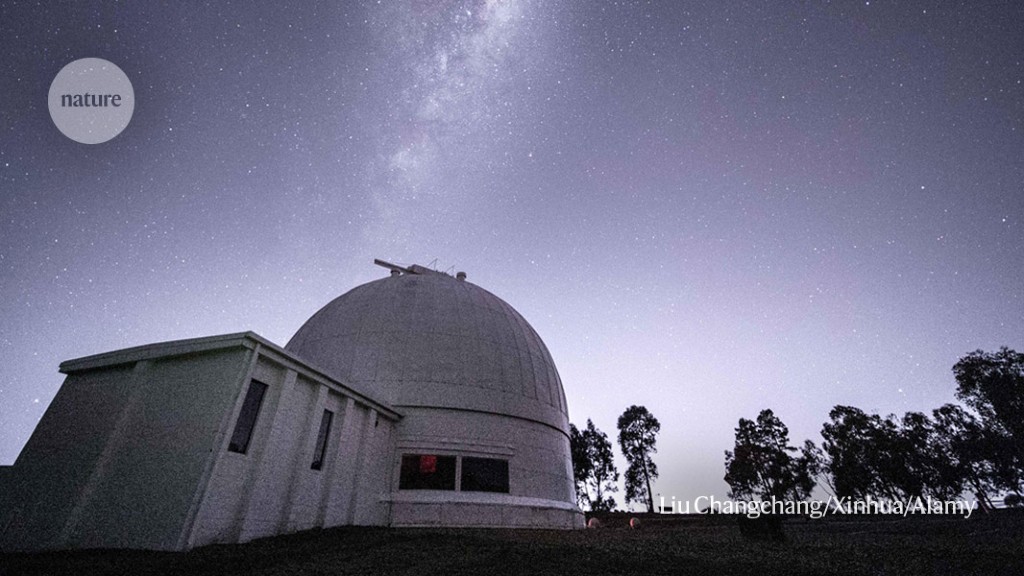
In March 2023, the Chinese government issued the “Reform Measures of the Party and State Organizations,” which included the establishment of the Central Science and Technology Commission (CSTC).


Switzerland has so far refused to strengthen scientific cooperation with Taiwan, citing respect for the One China policy and fearing economic repercussions. But this hampers relations with the world’s largest producer of semiconductors.
The government wants to safeguard the Swiss space research sector while promoting a "sustainable and responsible" universe. Adopting the Federal Space Policy 2023 on Wednesday, the government said the goal was to take account of the “rapid developments in and increasing importance of outer space”.
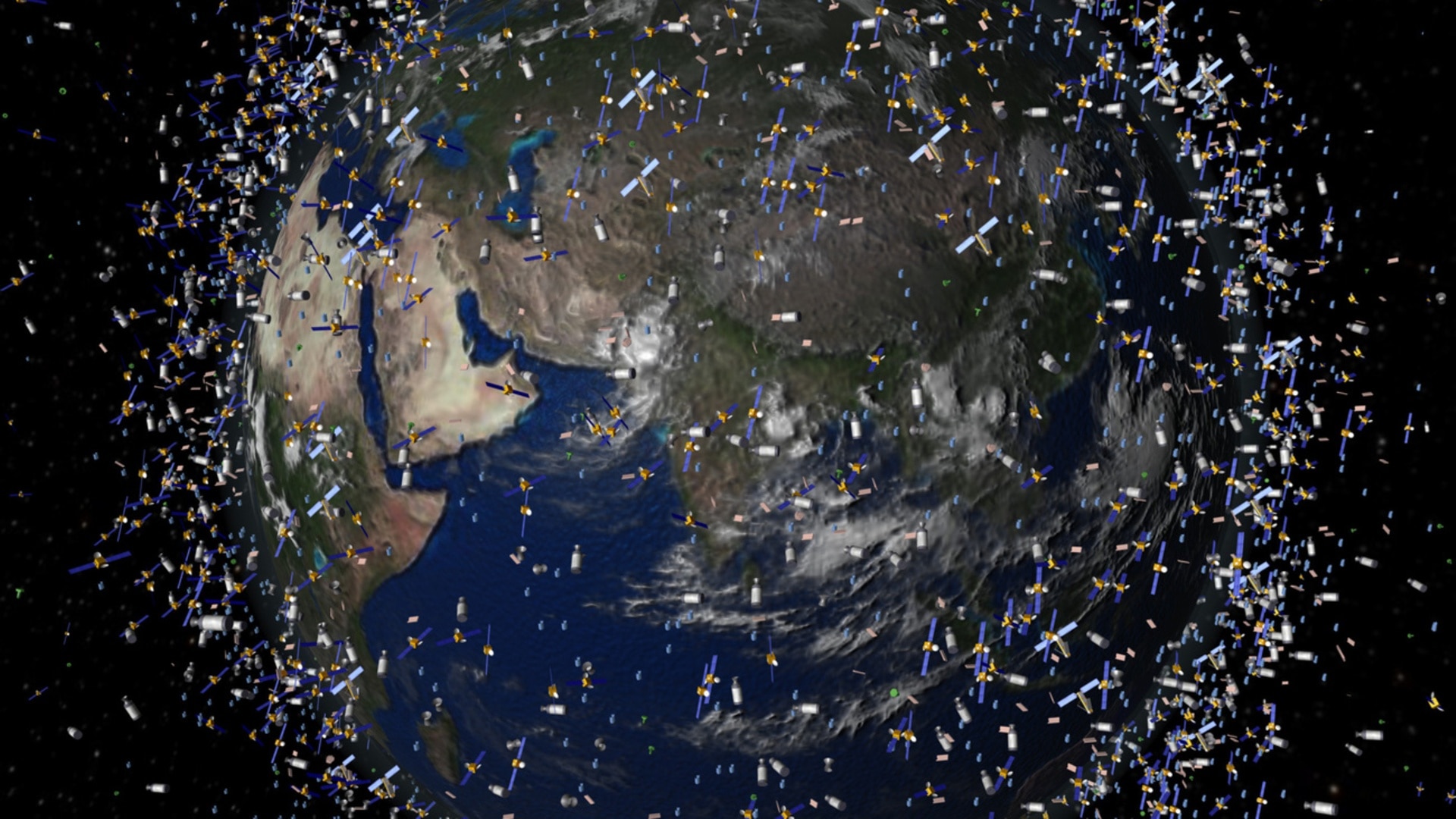
The first meeting of the G20 Chief Science Advisers Roundtable (G20-CSAR) in Ramnagar, Uttarakhand, Wednesday, witnessed intense discussion on transboundary science and technology issues of mutual interest. This was the first time that chief science advisers of different countries gathered for a roundtable conference at the G20 platform.
Collectively solving problems shared by many nations requires a new global science and technology commons.

The simple messaging favoured by media advisers doesn't chime with a discipline that is messy and incomplete.

Facing tighter restrictions on access to key technologies and an increasingly competitive global scientific landscape, China has launched a major shake-up of its research organizations in pursuit of “self-reliance” in science and technology.
China, the US and the EU's race to control their own scientific advances and cut out supply chain dependencies could lead to a "decoupling" of research activities at a time when collaboration to solve global issues is crucial, says a stark report by the OECD.
Facing a potential re-election battle next year, President Joe Biden laid out broad funding priorities for the US government on 9 March. His proposed budget for 2024 would invest new research funds into a range of programmes designed to achieve goals in scientific innovation, domestic manufacturing and clean energy, among others.
The Treasury has taken back £1.6bn that it had allocated to UK involvement in a EU science research programme.
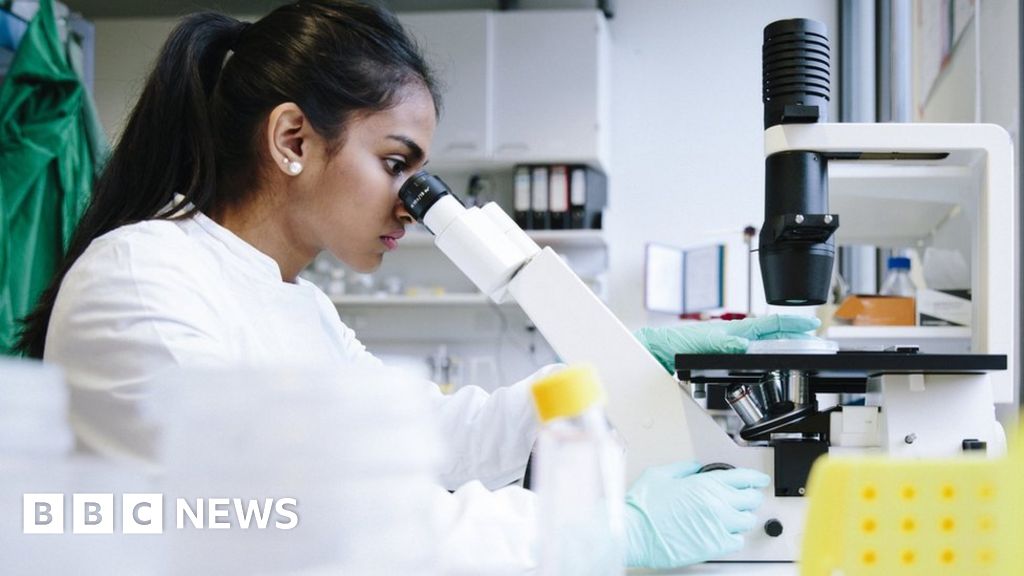
Federal scientists would largely be barred from publicly discussing research, which could have a "chilling effect", experts say.

Former universities minister Michelle Donelan is appointed head of newly-created Department for Science, Innovation and Technology in mini-reshuffle.
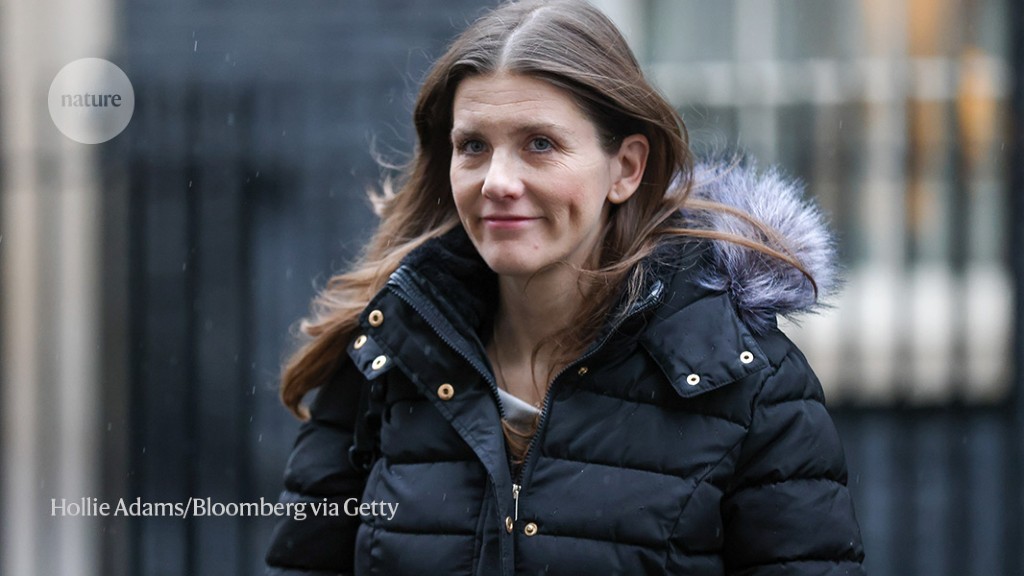
The US government will be implementing science initiatives from recent legislation while battling over future funding.